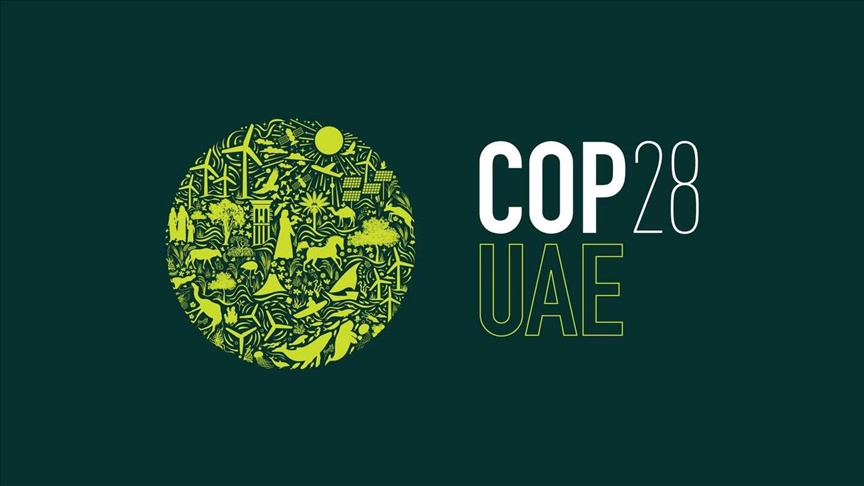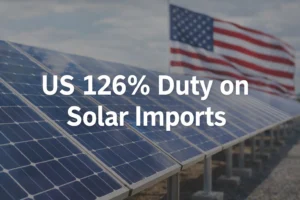
At COP28 in Dubai, 20 nations, led by the United States and the United Kingdom, plan to triple nuclear energy capacity by 2050, urging the World Bank to adopt nuclear-inclusive lending policies. France, Sweden, Finland, South Korea, Ghana, Japan, Morocco, Poland, Romania, and the UAE also support the pledge. The American Nuclear Society believes this commitment is vital to combat rising temperatures and underscores the need for nuclear-inclusive financial policies.
Nuclear power’s renewed interest stems from its potential to generate large-scale low-carbon electricity. Advocates argue it can significantly contribute to climate change mitigation, citing reduced greenhouse gas emissions and advancements in safety through technologies like small modular reactors.
However, critics contend nuclear energy poses risks, including radioactive waste and potential accidents, referencing Fukushima in 2011. They highlight the high costs of building and maintaining nuclear plants, suggesting renewables like wind and solar are more attractive options.
In conclusion, the COP28 pledge aims to triple nuclear energy capacity by 2050, emphasizing its role in combating climate change. While nuclear energy has challenges, supporters stress its potential benefits. Success depends on the commitment of nations and financial institutions supporting this ambitious goal.
Bringing you the latest updates on finance, economies, stocks, bonds, and more. Stay informed with timely insights.
























Be First to Comment